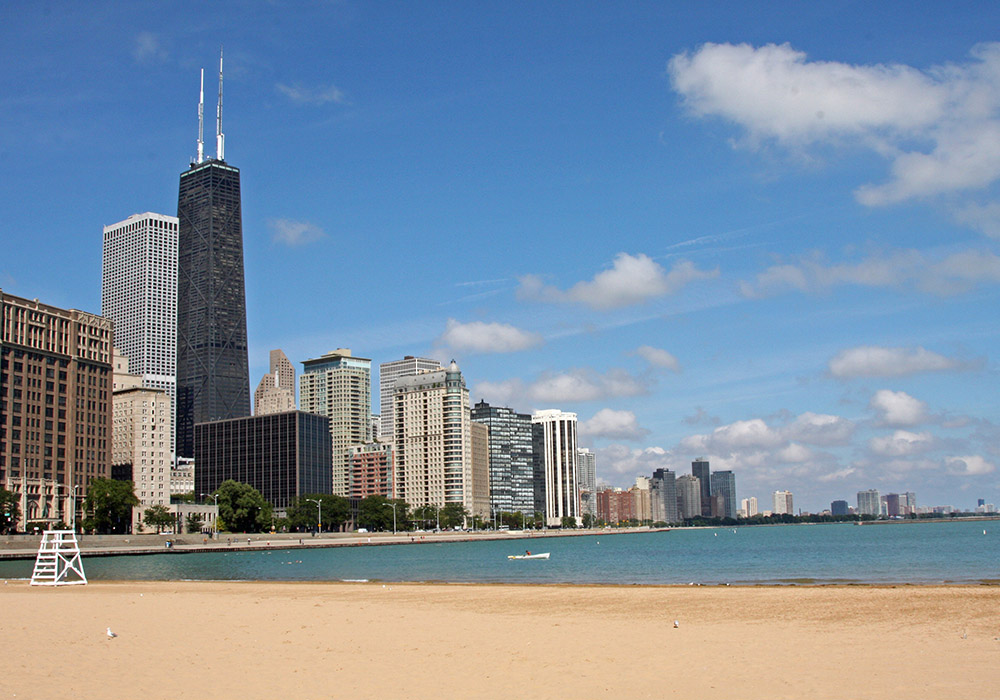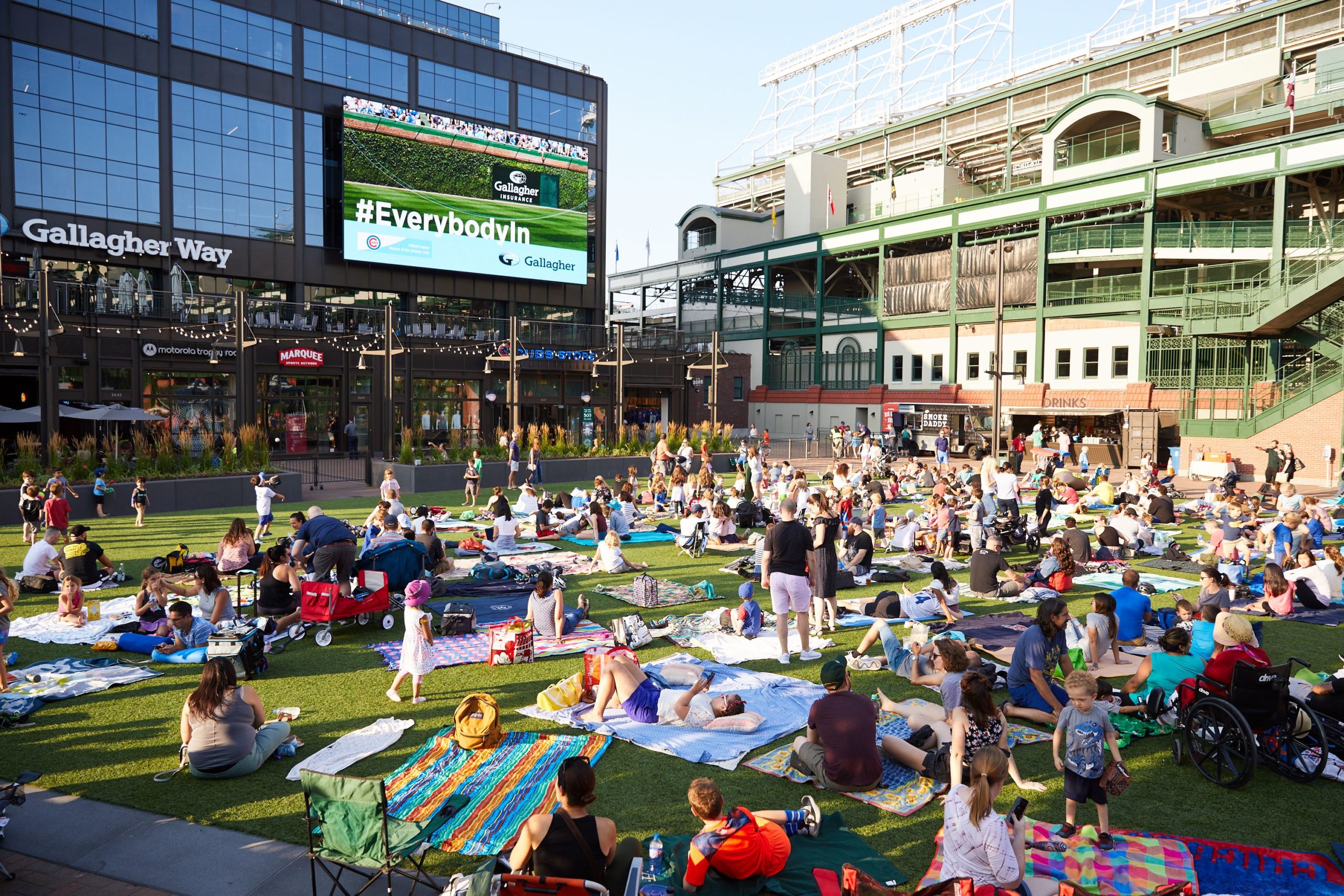How Soccer Skills Grow by Age: Your PSG Academy Chicago Guide
Whether your child is just starting out or has been kicking a ball since toddlerhood, it’s natural to wonder what’s realistic at their age. Should they be learning to pass? Should they be playing full games? What’s a “win” for a 5-year-old?
Paris Saint-Germain Academy Chicago is more than just a local soccer program — it’s part of the global PSG network known for world-class training and youth development. Backed by the philosophy of one of Europe’s top football clubs, the Academy gives Chicagoland kids access to age-appropriate, high-quality coaching that builds skills, confidence and character.
Thomas Cahue, Director of Coaching at PSG Academy Chicago, says understanding how soccer skills evolve by age helps parents support their child’s growth — on and off the field.
“The goal should always be development,” he says, “not just the scoreboard.”
From toddlerhood to the teen years, Cahue outlines what growth on the field really looks like — and how expectations evolve along the way.

Soccer for the youngest kids isn’t about scoring goals — it’s about building confidence and foundational life skills. At this stage, it’s less about technical drills and more about engaging a child’s imagination.
“You present games using their imagination, and they’ll do anything you want,” says Cahue. “You can say the soccer ball is an apple and they need to bring it to a hippo. If you work with their imagination, they’ll follow you. They love challenges.”
The real wins at this age? Listening skills, socialization and learning independence from caregivers. “At this age, kids are learning how to share, how to work as a team, and how to socialize with other kids,” Cahue says. “They’re also learning how to listen to someone other than their caregiver.”
A good sign your preschooler is benefiting: “If your child is talking about their coach all week and can’t wait to get back to class, that’s the best sign they’re enjoying it.”
By this age, kids are ready for more structure — and PSG calls it the “Active Start” phase. Children begin to develop motor skills, coordination and a love for the game, all while having fun.
“They start attending regular sessions with one coach for the entire year,” Cahue says. “We introduce the fundamentals of soccer in a fun and engaging way — motor skills, coordination, basic ball control — while developing confidence and love for the game.”
Practices follow a consistent structure with weekly themes that are repeated to reinforce memory and understanding. “This is the beginning of a soccer career, if you will,” he adds.

At this stage, kids progress to 7v7 games with referees and more formal rules. Cahue refers to this as the “Fundamentals” phase, where both individual skills and teamwork take center stage.
“This is where we start introducing tactical components — possession, positioning and awareness,” he says. “Instead of everyone chasing the ball, they start to understand spacing and roles.”
Kids also begin to internalize sportsmanship and decision-making. “We introduce more rules, more structure, and that helps them grow as players and teammates.”
Here, kids prepare for what Cahue calls “the big game” — full-field 11v11 soccer. PSG labels this stage “Train to Train” because it prepares players for advanced competition through higher intensity practices and deeper tactical understanding.
“These players train at a faster rhythm with sharper technique,” Cahue says. “They have to make better, faster decisions and develop the awareness and accuracy needed to compete at a higher level.”
The game also becomes more physically demanding. “This is typically when co-ed play breaks apart,” he explains. “The game becomes more physical, and most girls move to all-girls teams for a more even match.”
No matter your child’s age, Cahue’s message to parents is clear: resist the temptation to chase trophies and rankings.
“Remember the first goal you had when signing your child up,” he says. “Was it to help them socialize, follow instructions, become more independent? Those goals are still important.”
Focusing only on wins can take away from the true value of youth soccer. “Soccer already offers competition. We don’t need to add pressure,” Cahue says. “The sport teaches independence, teamwork and how to deal with both success and setbacks. That’s what lasts.”
This content is sponsored by Paris Saint-Germain Academy Chicago. Learn more at psgacademychicago.com.
An enthusiastic storyteller, Claire Charlton focuses on delivering top client service as a content editor for Chicago Parent. In her 20+ years of experience, she has written extensively on a variety of topics and is keen on new tech and podcast hosting. Claire has two grown kids and loves to read, run, camp, cycle and travel.











